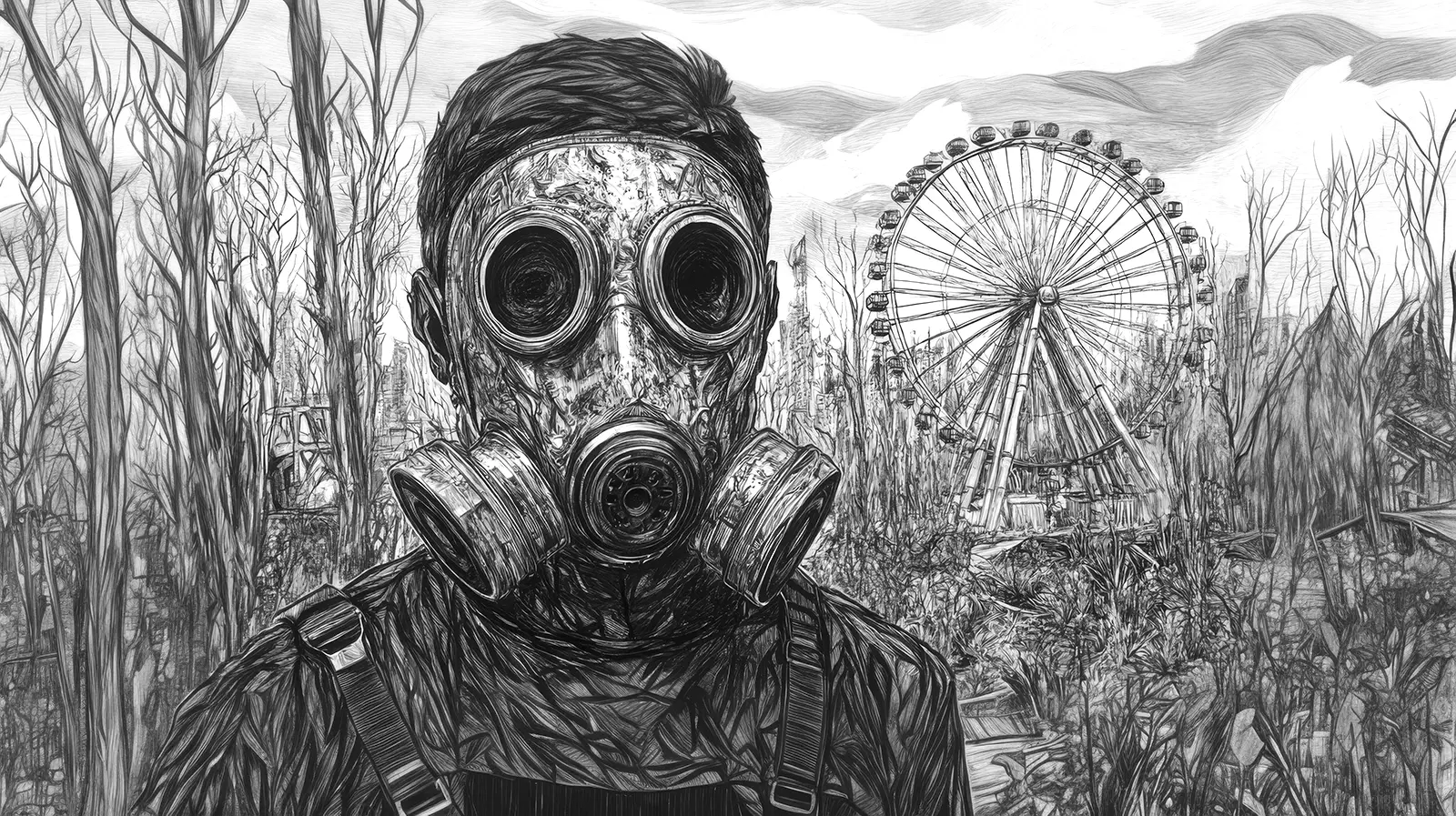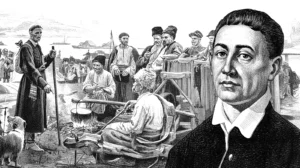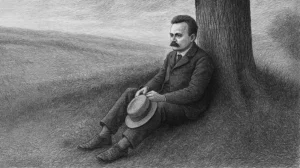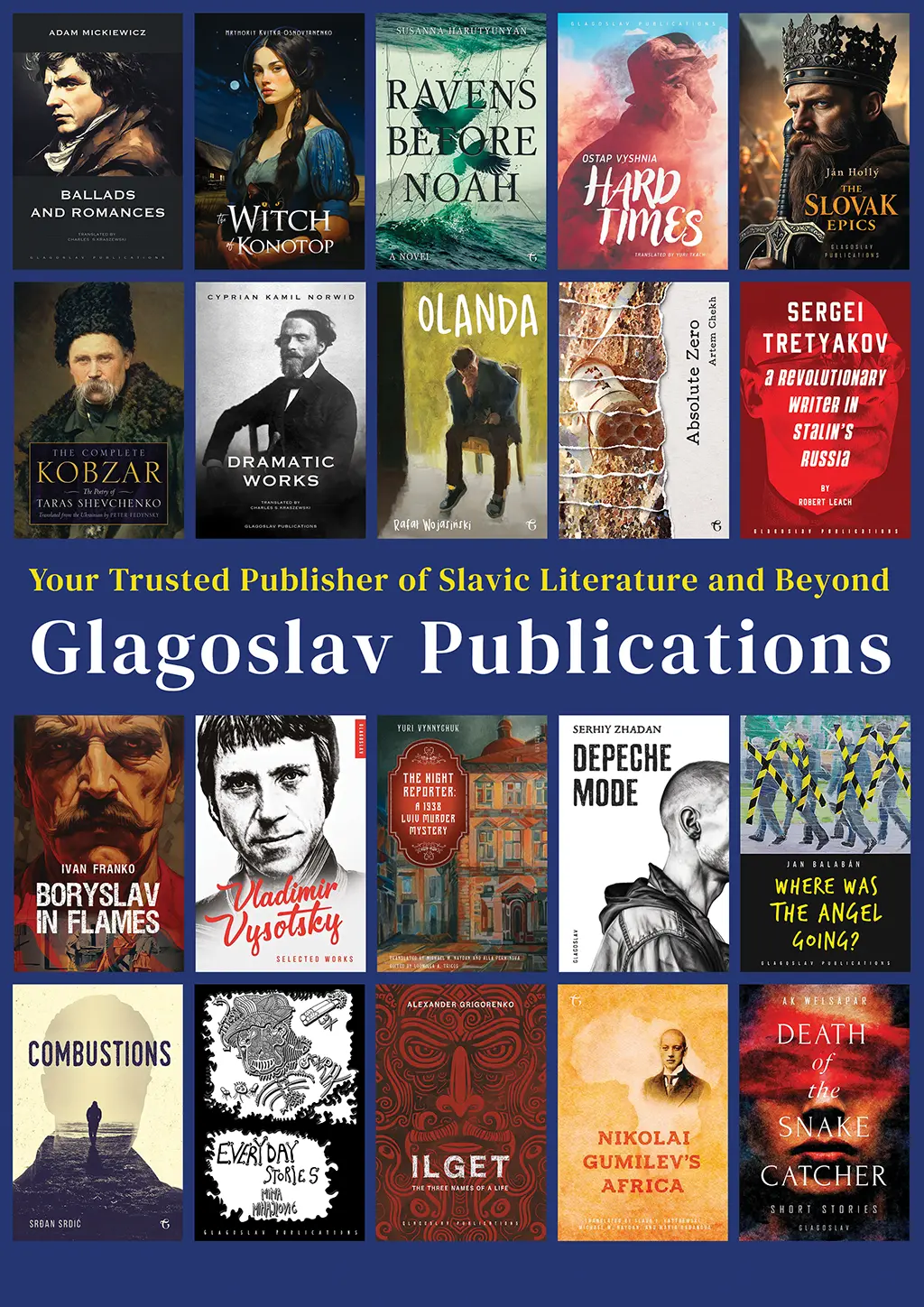Our Blog

Chernobyl in Literature – Narratives of Science, Tragedy, and Resilience
Table of Contents
- Introduction
- Historical Context
- Themes in Chernobyl Literature
- Notable Works
- Key Authors and Contributors
- Reception and Critique
- Cultural Impact
- Contemporary Relevance
- Conclusion
Introduction
Chernobyl in Literature refers to the diverse body of works inspired by the catastrophic 1986 nuclear disaster at the Chernobyl Nuclear Power Plant in Ukraine. This event, which shocked the world, is widely regarded as one of the worst technological disasters in history.
Consequently, the aftermath of Chernobyl has inspired narratives that explore themes of science, tragedy, and resilience. These works delve into human experiences, the environmental aftermath, and socio-political reflections, capturing both personal trauma and collective memory. Readers find themselves drawn into the intricate interplay between fact and fiction, where detailed research meets evocative storytelling.
Moreover, the literature not only documents the immediate horror of the disaster but also questions the broader implications of technological advancement, government accountability, and the human cost of progress. As you read further, you will discover how these narratives serve as a powerful reminder of the price of unchecked industrial might.
Historical Context
The Chernobyl disaster, which occurred on April 26, 1986, marked a pivotal moment in modern history. Its immediate impact was devastating, as radiation spread far beyond the reactor walls, affecting millions of lives. This tragedy forced governments to rethink nuclear safety and crisis management.
In addition, the political climate of the time played a crucial role. State institutions struggled to provide accurate information, leading to a surge in local rumors and unofficial channels of communication. This chaotic exchange of information not only deepened public mistrust but also left an indelible mark on the collective psyche.
Furthermore, the historical context of Chernobyl is interwoven with the decline of the Soviet Union. The disaster exposed systemic flaws and spurred debates about governmental transparency and the ethics of nuclear power. This layered historical narrative continues to inform both academic discussions and literary explorations.
Themes in Chernobyl Literature
The literature surrounding Chernobyl is multifaceted. Several key themes emerge, each offering a unique perspective on the disaster and its aftermath:
- Human Experience and Memory: Works capture personal testimonies, revealing the deep psychological scars left by the disaster. These narratives explore the intimate and lasting impact on survivors and their communities.
- Ecological Impact: Authors examine environmental degradation and the slow, often miraculous process of ecological recovery. This theme encourages readers to consider the resilience of nature even after catastrophic events.
- Socio-Political Context: Literary texts critique governmental secrecy, expose political failures, and explore how state policies influenced both the immediate and long-term responses to the disaster.
- The Role of Technology: Narratives reflect on the ethical implications and inherent risks of nuclear power. These works question whether technological progress can ever truly be separated from its potential for devastation.
- Collective Trauma and Resilience: The literature documents how shared suffering leads to collective memory, and in turn, how communities find strength in remembrance and advocacy.
Notable Works
Chernobyl has inspired a wide range of literary works that blend investigative journalism, personal testimonies, and historical analysis. For example, Midnight in Chernobyl by Adam Higginbotham provides a gripping account of the disaster and its impact on Soviet society. In a similar vein, Serhii Plokhy’s Chernobyl: A History of Tragedy reconstructs the events leading up to and following the explosion using recently declassified archives.
Kate Brown’s Manual for Survival takes a different approach by focusing on the long-term health and environmental consequences of the nuclear catastrophe. Additionally, a recent contribution to this body of literature is The Crime of Chernobyl: The Nuclear Goulag. This investigative work delves into the darker aspects of the disaster, exposing state cover-ups and the systematic repression that followed. It offers a raw and unfiltered perspective on how political failures and a lack of accountability compounded the human tragedy.
These notable works, each with its unique angle, not only document the events of Chernobyl but also invite readers to reflect on the broader implications of nuclear power and the societal costs of technological mishaps.
Key Authors and Contributors
Several prominent voices have emerged from the discourse on Chernobyl. Svetlana Alexievich is perhaps the most celebrated among them; her emotionally charged oral histories give voice to survivors, melding personal experience with the weight of history. Her work stands as a testament to the human spirit in the face of unimaginable loss.
In addition, authors like Adam Higginbotham and Darragh McKeon have enriched the literature with meticulously researched accounts that blend narrative flair with historical rigor. Their contributions help to contextualize the disaster within the broader collapse of the Soviet system, making the narrative both engaging and enlightening.
Reception and Critique
Literary and media portrayals of Chernobyl have earned widespread critical acclaim. The HBO miniseries Chernobyl is a prime example, celebrated for its realistic storytelling, compelling performances, and historical accuracy. Its success has ignited renewed interest in both the disaster itself and the literature that explores its multifaceted legacy.
Critics have praised these narratives for their ability to balance factual reporting with artistic expression. Nonetheless, debates continue regarding the challenge of maintaining a delicate balance between historical accuracy and dramatic interpretation. Such critiques remind us of the importance of nuanced storytelling when dealing with events of such monumental impact.
Cultural Impact
The cultural impact of Chernobyl extends far beyond its immediate historical and environmental effects. The disaster has left an indelible mark on literature, art, cinema, and public discourse. Themes of trauma, resilience, and the existential risk of nuclear power resonate deeply within creative works, influencing a new generation of writers and artists.
Artistic expressions inspired by Chernobyl serve as powerful vehicles for processing grief and prompting societal reflection. Whether through poetry, fiction, or visual art, these creative endeavors challenge audiences to confront uncomfortable truths about modern technology and its consequences.
Contemporary Relevance
Today, the narratives surrounding Chernobyl continue to be incredibly relevant. As modern societies grapple with new environmental and energy challenges, the lessons of Chernobyl serve as potent cautionary tales. The disaster reminds us of the potential consequences of technological arrogance and the necessity of robust regulatory frameworks.
Furthermore, contemporary media formats—such as documentary dramas and miniseries—have revitalized public interest in the disaster. These modern reinterpretations make historical events accessible to new audiences, ensuring that the lessons of Chernobyl remain fresh and urgently applicable in today’s debates over energy policy and environmental justice.
Conclusion
In conclusion, the literature inspired by the Chernobyl disaster offers a rich and multifaceted exploration of science, tragedy, and resilience. Through diverse narratives—from rigorous historical accounts to raw investigative works like The Crime of Chernobyl: The Nuclear Goulag—readers are invited to engage with both the human and systemic dimensions of the tragedy.
Ultimately, these works not only document historical events but also provoke deeper reflection on the responsibilities of society when confronting technological and environmental risks. As you continue to explore these narratives, you will find that each story contributes to a broader conversation about accountability, the price of progress, and the enduring strength of the human spirit.
Related articles
Latest articles





